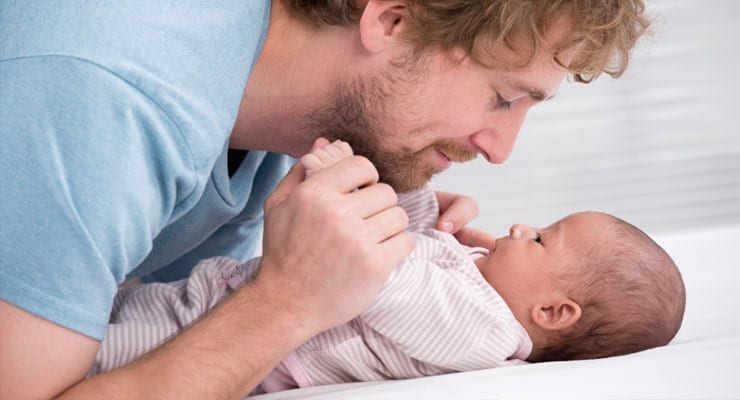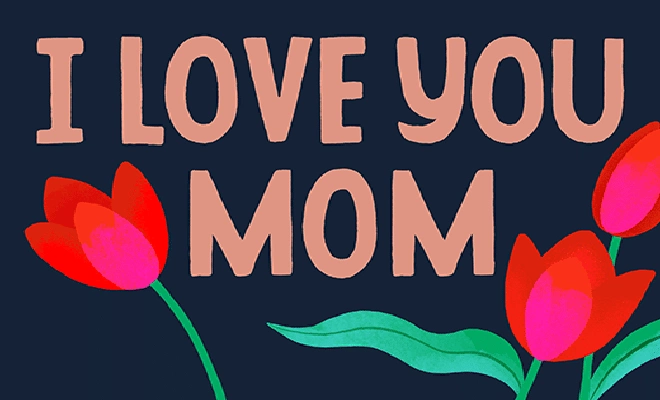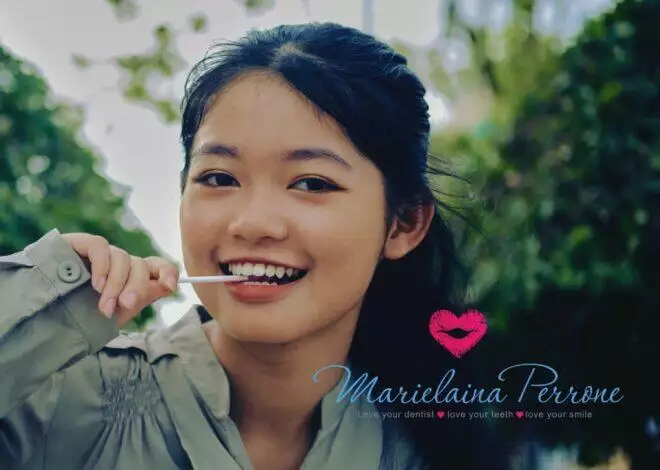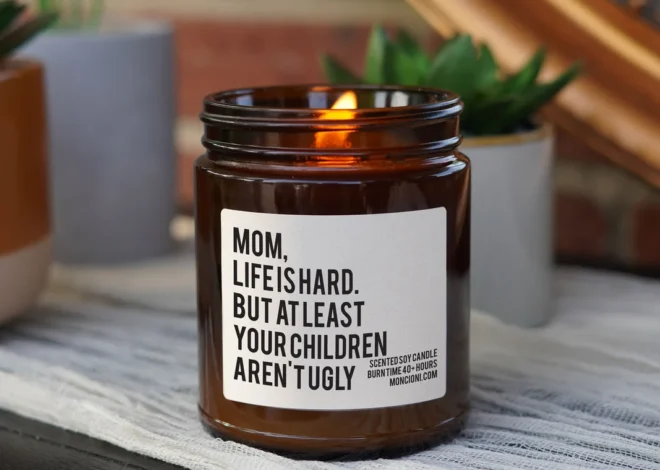My mother died sixteen years ago this week, and in one regard – and in only one regard – I consider myself fortunate in the timing: The anniversary of her death and Mother’s Day arrive the same time every year, the two days book-ending one miserable week of feeling underwater and angry and frustrated, a week steeped in loss. When the whole world is making brunch reservations and ordering flower baskets and picking out just the right card, I turn into a petulant boy. Every year
Real Meaning
Growing up, Mother’s Day had always been one of unredeemed ‘breakfast-in-bed’ coupons with me hurriedly cutting construction paper into tickets while my younger sister used thick colored markers to announce our offer. Later when I was in college, I would make last-minute calls across the country to wish my mother the requisite “Happy Mother’s Day!” Only after her death, when I was twenty-four, did the holiday take on any real meaning, and since then I’ve handled the pain of the week in myriad ways. For several years, I would go out for a Dead Mother’s Day brunch with a friend whose mother had also died. We would meet at our favorite coffee shop and dissect our friends’ mothers’ inferiorities over French toast and bottomless cups of coffee. Or I’d take pride in my cold-hearted quips whenever a well-meaning stranger would ask how I was celebrating the day. (“Putting flowers on my mother’s grave. You?”)
Hostility
My hostility to the holiday stemmed from the closeness my mother and I shared. When I was eight, she took me to the record store so I could buy cassettes of “The Wall” and “Off the Wall,” the oddly-paired tapes my first foray into feeling cool. When I was sixteen, she held my hand at our dining room table as I burst into tears and explained that Vicky McIntosh had broken my heart. She nurtured my love of film by taking to me to R-rated movies at far too young an age, and she taught me that hard work could be accompanied by joyous play, greeting my good grades with her signature funky chicken dance. We talked about everything, and we fought a lot, and she made me laugh, and she frustrated me to no end, and I loved her very much. Her death that May evening – her bed, our house, 8:49 PM – was a searing blow and has played a central role in my adult life. There’s a part of me that feels like there’s something wrong with me, that my mother and her death shouldn’t be so important, that I’m a mama’s boy for missing her as much as I do.
A Different Meaning
But Mother’s Day is about to take on a different meaning. Five months ago my wife gave birth to our daughter Rose. My story is changing, and so too is my definition of what – and who – a mother is.
The woman I fell in love with, my wife, is now a mother. And I’m in awe of how naturally she has taken to her new role. In the middle of every night – every long night – I’m amazed at the coos of genuine delight with which she greets our crying, hungry daughter. When I’m ready to take up smoking again after one of our daughter’s particularly trying tantrums, my wife draws on her seemingly inexhaustible patience and gathers Rose into an embrace, holding her close until the wails have subsided. The exhaustion is real but so too is the exhilaration: Very little matches the thrill of watching our daughter scoot her way across our dining room floor – though I’m still getting used to this new definition of family.
Identifying Badges
As morbid as this sounds, my mother’s death had become one of my identifying badges over the past sixteen years. In part this was due to timing: She died soon after I graduated from college. Just as I was set to launch into life as an adult, I lost the person who was supposed to help guide me, leaving me adrift. The first years after my mother died, my pattern became quite clear. When relationships got rocky, I ran. When work required more, well, work, I quit. When a city felt too familiar, I’d relocate. I had trouble seeing almost anything through. Looking back at journals from that horrible year, I can see how far I’ve come but also how deep the scars are that remain. They are indelible. She was that dear to me. I loved her that much.
With Time
Slowly, with time, I’ve learned to live with her death, though sometimes I’m still afraid that if the ache of loss isn’t as painful as it once was, I’ll lose the part of me that is a son. My fear is that I’ve somehow betrayed the memory of my mother and how important she was to me by creating a family of my own. Deep down though, I know my mother, who relished life and fought death with every weapon at her disposal, would be ebullient at the mere notion of me, her son, and my new family, furious only if I stayed rooted in the past, in the sadness, unable to appreciate what is, in the here and now, a joyous time.
Skip the Coupons
So this Sunday I know the melancholy will still be there but so too will there be a new sense of excitement: I get to celebrate my wife on her first Mother’s Day as a mom. My life, once steeped in loss is now so filled with life, I almost don’t know what to do for her. Who knows? Maybe I’ll skip the coupons this year and actually make her breakfast in bed.
About the Author
Benj Hewitt is a Los Angeles-based writer who just finished his first book Then I Feel Nothing, a memoir about the year his mother died. He is also the essay and memoir editor of the literary magazine Swink. Before turning his attention to writing and editing full time, he worked in the film and television business in New York, both as a development director and a writer, and used to perform regularly at the Upright Citizen’s Brigade in New York and IO West in LA.





